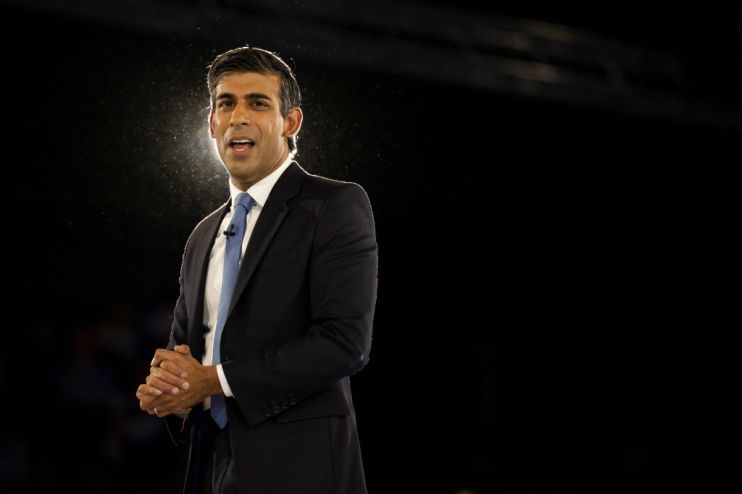Year in review: Rogue ministers and fiscal headaches, how did Sunak do in 2023?

As 2023 comes to an end, and Rishi Sunak approaches the deadline on his “five pledges”, Eliot Wilson takes a look back at the year that was in UK politics
Barring a last-gasp substitution, British politics made it through 2023 without changing prime ministers. It is a reflection on the preceding year that we remark on that. Rishi Sunak entered Number 10 Downing Street promising to “place economic stability and confidence at the heart of this government’s agenda”. As Sarah Palin remarked, how’s that workin’ for ya?
In the first week of the year, Sunak took a risk and set out five “priorities” to put in front of voters, “so that you know things are getting better, that they are actually changing”. He would halve inflation, grow the economy, reduce the national debt, bring down NHS waiting lists and legislate to stop illegal immigrants crossing the English Channel in small boats.
Matters did not begin well. In January, the chairman of the Conservative Party, Nadhim Zahawi, ran into trouble over a tax dispute with HMRC. He claimed that his affairs were all in order but it was revealed that he was facing a bill of £5m. When an investigation found he had committed seven breaches of the Ministerial Code, the Prime Minister sacked him.
Sunak had more pressing matters. In February he negotiated an agreement with the European Commission to alter the Northern Ireland Protocol and ease customs checks between Great Britain and Northern Ireland. The so-called Windsor Framework was a much-needed success, giving Sunak a sense of momentum and easing tensions with the Republic of Ireland and the United States.
Immigration had occupied governments for decades. In March, the government unveiled legislation which would detain and remove those who arrived in the UK illegally and block them from returning. The hard-line home secretary, Suella Braverman, seemed to relish its stringent provisions in the face of criticisms from human rights groups, the United Nations and, bizarrely, never-booked, crisp-promoting football legend Gary Lineker. After some bitter trench warfare in the House of Lords, the bill was granted Royal Assent in July.
Braverman had been unable to say categorically that the Illegal Migration Act 2023 would be compatible with the European Convention on Human Rights, to which the UK had been a founding signatory in 1950. But this did not worry her. Rather it was another step towards a much larger showdown which she welcomed. In September she raised the stakes with a provocative and wide-ranging speech in Washington DC which described uncontrolled illegal migration as an “existential challenge for the political and cultural institutions of the West” and condemned “inadequate integration, and a misguided dogma of multiculturalism”.
All of this led to a confrontation with the Supreme Court over the government’s plan to remove illegal migrants to Rwanda. The outcome was rapid and messy: the policy was declared unlawful, Braverman was sacked and Sunak brought in new legislation to set aside the court’s reservations. The Safety of Rwanda (Asylum and Immigration) Bill got through an unhappy House of Commons but the real fight will come next year.
The Labour Party has not had to exert too much effort to undermine a government which is consistently 15 or 20 points behind in the polls. Sir Keir Starmer, a man who discreetly conceals any dynamism he may possess, has simply had to watch as the Conservative Party flails and twists; but he remains the likely next Prime Minister faute de mieux, his own poor ratings paling only next to Sunak’s catastrophic unpopularity.
The economic outlook lacks sparkle. Growth is flat, the national debt has increased slightly and remains near 100 per cent of GDP and there is a substantial and growing trade deficit. Inflation has fallen sharply and Sunak will achieve his pledge to halve it. But with NHS waiting lists growing, his five priorities are looking threadbare.
Of course there was drama: in May, Charles III was crowned in Westminster Abbey; a protester showered Starmer with glitter at the Labour Party conference; and David Cameron emerged from his shepherd’s hut of ennui to become foreign secretary. But remember: we didn’t have a Tory leadership contest.